If you or someone close to you is participating in a dual diagnosis program or are investigating potential facilities that offer dual diagnosis services, it’s important to look for a care center that offers long-term dual diagnosis aftercare.
Aftercare comes in many forms, but each is designed to complement one another and work in tandem as part of your overall recovery, giving opportunities to continue your progress even if you are no longer in a residential program.
Liberty House Recovery is a luxury drug and alcohol rehab center in Michigan. Contact us today to learn more about how we can help with comprehensive treatment.
Continuing Care Plans
For many people with coexisting mental health and addiction disorders, dual diagnosis aftercare should incorporate Continuing Care plans.
- Continuing care plans can offer medication management services for those who might need medications to treat acute or chronic symptoms
- Continuing care plans can provide clients with access to support services in the event of an emergency or relapse
- Continuing care plans give clients access to aftercare groups and alumni programs
Continuing care plans are something that gets crafted as part of your transition from your inpatient program to a lower level of care or back to your regular life. These plans are highly personalized and may involve the incorporation of several other services or healthcare professionals.
Relapse Prevention Techniques
Relapse is a significant risk, especially in people with dual diagnosis recovery, because single triggers for things like mental health disorders can result in self-medicating with drugs and alcohol.
- Relapse prevention techniques can help with trigger management
- Relapse prevention education gives you knowledge about what stress does to the mind and body
- Relapse prevention techniques can help someone in a dual diagnosis aftercare program find personalized coping mechanisms
Relapse prevention techniques look different for everyone, and the more an individual involves themselves in continuing care, support groups, and thorough treatment programs to manage their symptoms, the more they can cultivate different forms of resilience.
Yoga, mindfulness, and meditation can help you focus on building your resilience by recognizing that discomfort, whether emotional discomfort from triggers or physical discomfort from cravings, is both temporary and will pass without the need to force it from your mind or try to change it.
Emotional Awareness
A big part of dual diagnosis aftercare is reminding you of the importance of feeling all of your emotions, no matter what they are. Differing emotions contribute to your wholeness, and by recognizing what you are feeling, you can learn to acknowledge it and accept it rather than try to change it with drugs or alcohol.
Cognitive Dissonance
Similarly, some relapse prevention techniques involve the skills acquired during things like cognitive behavioral therapy, mindfulness, and meditation, whereby you focus more on identifying the differences between reality and your perception of reality. Where differences occur, you have room to grow and change your way of thinking so that it’s more constructive and grounded in truth.
Ongoing Support
Ongoing support is a crucial element to long-term recovery. No matter the conditions with which you struggle, having a support network of friends, family, and sober individuals or mental health professionals to whom you can turn can provide a helping hand when you struggle the most.
Ongoing support provides chances to connect with people, participate in sober activities, and learn new coping techniques along the way.
- Support groups give you a chance to meet with people who are experiencing the same mental health disorders or combinations of mental health and addiction
- Ongoing support from aftercare programs offers sober activities and group events where people can build better bonds with one another
- Support groups can provide places for family to be involved in the ongoing care of their loved ones
- Ongoing support can connect individuals with sponsors or mentors who can offer insight, encouragement, or just listen
Dual Diagnosis Aftercare with Liberty House
Liberty House offers several treatment options for different dual-diagnosis conditions. If you or someone close to you is struggling with a mental health disorder and substance abuse disorder, our residential programs offer comprehensive detox care followed by inpatient programs individualized to your circumstances.
Thereafter, we provide comprehensive dual diagnosis aftercare, which takes several forms, including ongoing support, alumni programs, and relapse prevention techniques.
As you transition through your residential program and prepare for your successful completion, you’ll start to receive increased education and relapse prevention tools, as well as access to ongoing support structures in your community and in the local area.
If you are ready to learn more about aftercare, reach out to Liberty House today.


